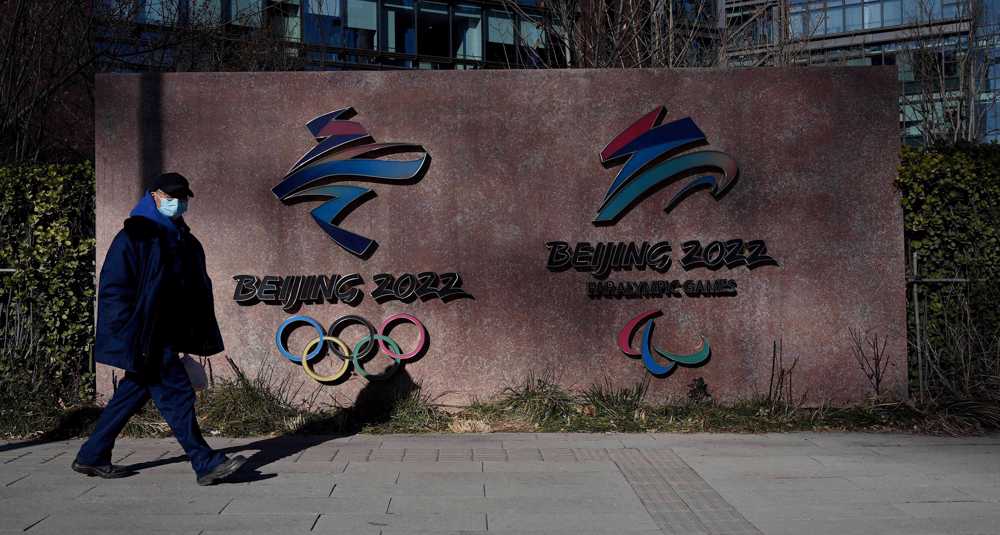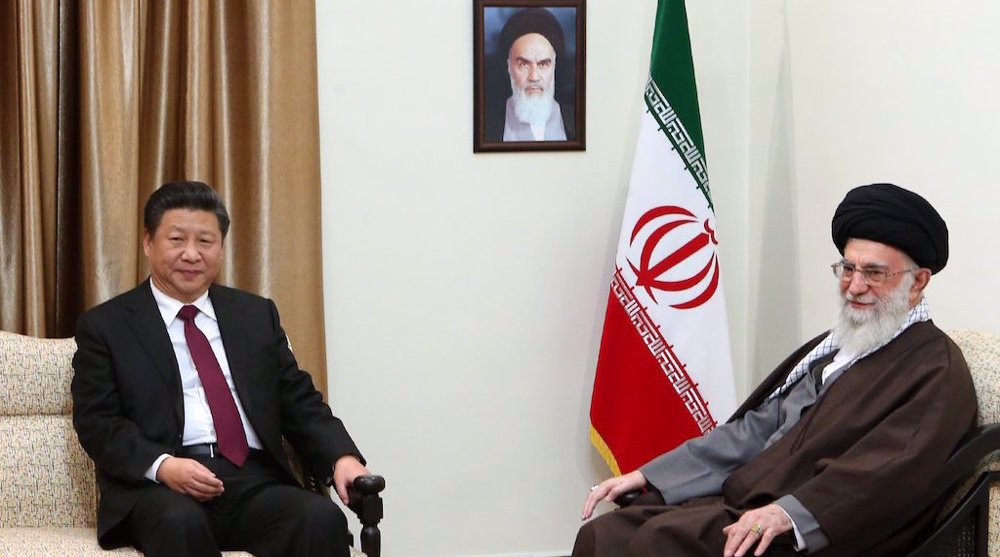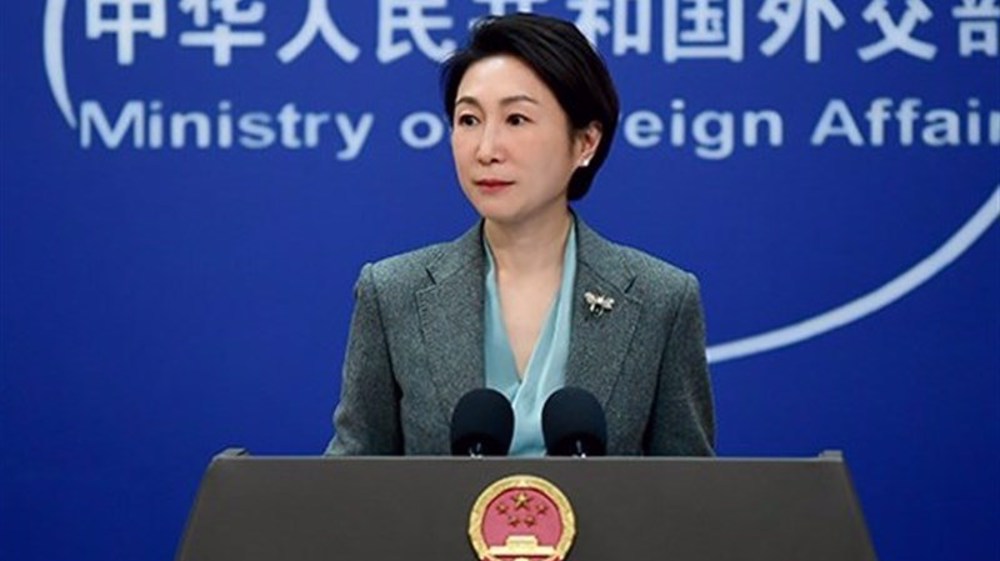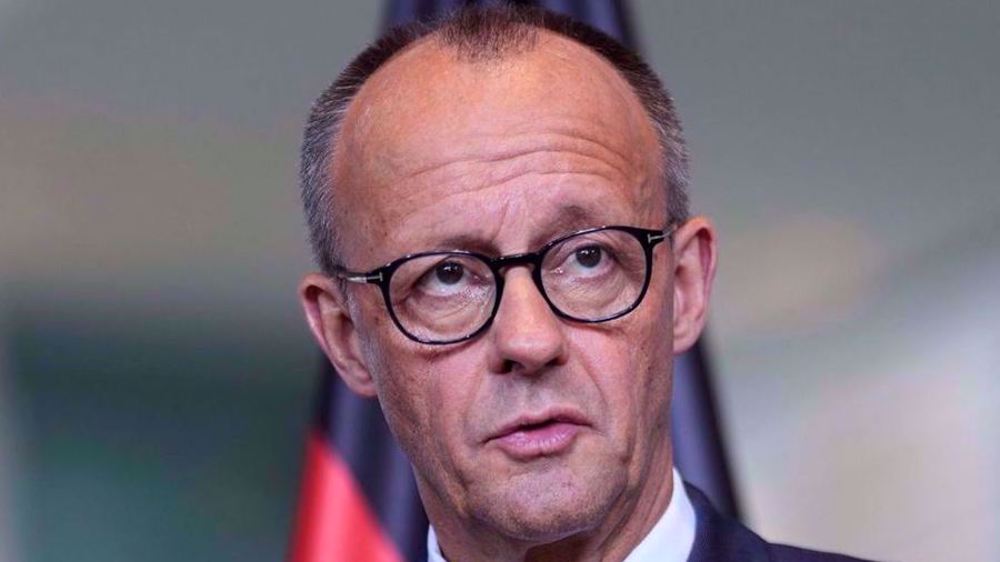China calls on Japan not to politicize sports after decision not to send officials to Olympics
China has accused Japan of politicizing sports after Tokyo announced that it would not send government officials to the Beijing Winter Olympics 2022 over Western accusations of human rights violations in China’s Xinjiang region.
“China welcomes the Japanese Olympic Committee, other relevant persons and Japanese athletes to participate in the Beijing Winter Olympics and Paralympics,” China's Foreign Ministry spokesman Zhao Lijian told a regular news conference.
“We hope and urge the Japanese side to implement China and Japan's commitments to support each other's Olympic Games and not to politicize sports. China is confident that it can work with all parties to realize a more united Olympic spirit and present a simple, safe and exciting Olympic Games to the world," Zhao added.
Japanese Government spokesman Hirokazu Matsuno announced earlier in the day that there were "no plans" for the country’s political officials to attend the games which are scheduled to take place from February 4 to 20, 2022, followed by the Paralympics from March 4 to 13.
Matsuno, however, said Japan would send some officials with direct ties to the Olympics, underlining that Tokyo 2020 chief Seiko Hashimoto and Japanese Olympic Committee head Yasuhiro Yamashita will attend the Winter Olympics in the Chinese capital.
The Japanese government spokesman said the decision had been made after "comprehensive" consideration, adding that Japan has held discussions with the Chinese side on human rights issues "at various levels.”
Earlier in the month, the United States, Britain, Australia and Canada announced diplomatic boycotts of the games over what they claim to be widespread rights abuses by China, including against the Muslim Uyghur minority.
The Chinese foreign ministry warned that the United States and its allies will “pay the price” for their diplomatic boycott of the Winter Olympics in Beijing.
"The US, Australia, Britain and Canada's use of the Olympic platform for political manipulation is unpopular and self-isolating, and they will inevitably pay the price for their wrongdoing," ministry spokesman Wang Wenbin told reporters on December 9.
China has already denounced the US-led attempts to politicize the Winter Olympics in Beijing, saying a diplomatic boycott would be “a serious stain on the spirit of the Olympic Charter” as well as “a naked political provocation, and a serious offense to the 1.4 billion Chinese people.”
Beijing has also called on the administration of US President Joe Biden to drop the plan as it would further damage bilateral ties.
The United States and China are profoundly at odds over a raft of issues, including the self-ruled island of Chinese Taipei (Taiwan), alleged abuses of Muslim Uyghurs in Xinjiang, trade tariffs, climate change and global public health.
China has repeatedly dismissed accusations of mistreatment and forced labor in Xinjiang and says its policies are necessary to stamp out separatists and religious extremists who plotted attacks and stirred up tension between mostly Muslim ethnic Uyghurs and Han, China's largest ethnic group.
The world’s two largest economies are also competing in technology, and maneuver for military advantages on land, in outer space and in cyberspace.
Iran Armed Forces shoot down US F-15 fighter jet near Kuwait border
IRGC, Army launch fresh waves of missile strikes against Israeli, US targets
Red Crescent Society: 555 people killed across Iran in US-Israeli onslaughts
Operational concerns delayed US-Israeli aggression against Iran for a week: Report
Iran slams Israeli attacks on Lebanon, warn UNSC’s inaction to embolden regime
Iran says has ‘no choice’ but to fight back, holds no enmity toward American people
Bahraini police assaults crowds mourning loss of Ayatollah Khamenei
Iran posed no imminent threat to US: Pentagon tells Congress











 This makes it easy to access the Press TV website
This makes it easy to access the Press TV website